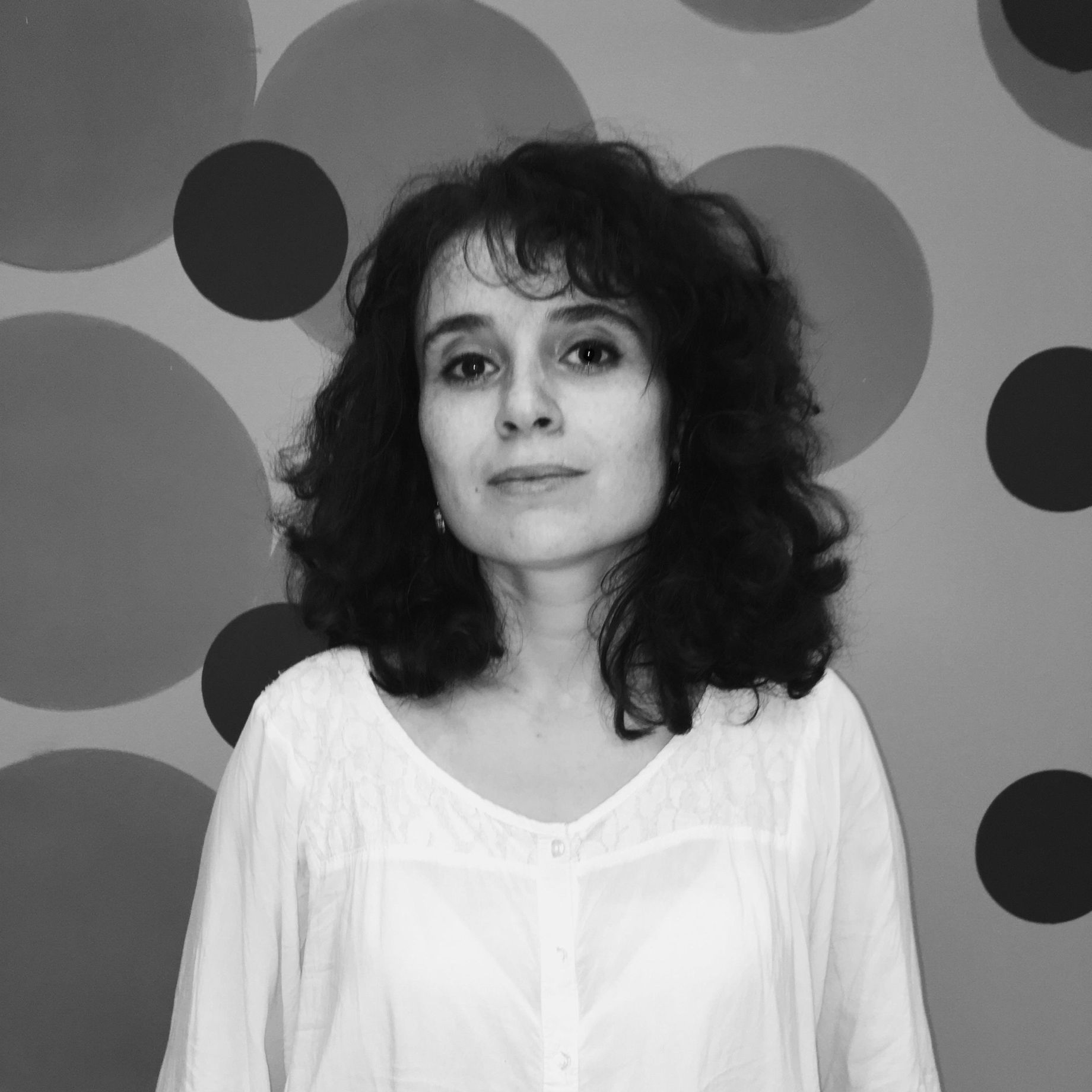Chronotopias: Revolution and the Cultural Magazine in the Arab Long Sixties
This project is pursued at a point in history in which we witness a twofold transformation: that of media, from print to digital, and that of those concepts that were used to describe or promote transformation and change during the past centuries. ‘Revolution’ has been one of the most powerful historical concepts, whose idea, form and fascination have undergone radical changes in the last decades. In light of this transformation, the project examines the crucial role that cultural magazines have played in shaping the idea, concept and practice of ‘revolution’ between the mid-1950s and the late 1970s in the Arab world. It particularly explores the way periodicals contributed to and counterpointed a Leftist project of emancipation that synchronized the Arab world with the global ‘Long Sixties’, therein enabling particular understandings of ‘revolution’ while sidelining others. The study puts emphasis on the magazine as form with an intrinsic relation to temporality: Albers conceives of the magazine as a chronotopia, i.e. a form that is structured by time while also structuring receptions of time by offering readings of a contemporary moment and by staging itself as an archive of future historiography. The project aims for a historicization and a theorization of the cultural magazine in the Arab world and its exiles, and strives to make us aware of this form’s heritage in mediatizing ‘revolutions’ in the present.

